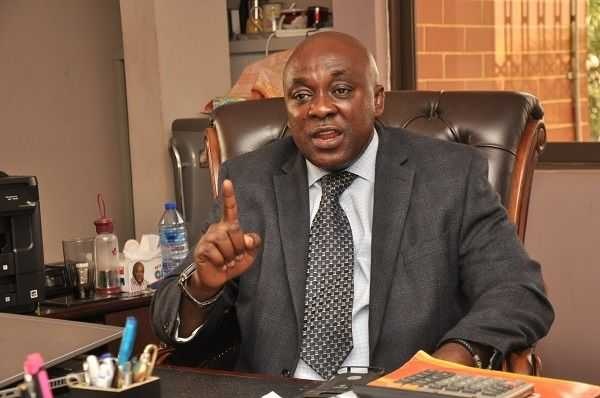Carlos Ahenkorah
In a parliamentary debate, the Majority Caucus in Parliament has questioned the National Democratic Congress’ (NDC) pledge to introduce a 24-hour economy in 2024.
They argue that certain aspects of this concept are already in place due to the New Patriotic Party (NPP) government’s digitalization initiatives.
Carlos Ahenkorah, Chairman of the Trade, Industry, and Tourism Committee, highlighted that Ghanaians can now make payments for electricity and water charges at any time of the day thanks to the implementation of digital payment systems.
He argued that this is evidence of Ghanaians already experiencing a 24-hour economy.
Ahenkorah also addressed the need for additional taxation and borrowing to offset the costs incurred during the COVID-19 pandemic.
He emphasized that when the government provided free water and electricity during the lockdown, funds had to be sourced from somewhere.
Therefore, he stated that it is reasonable to ask citizens to contribute towards these expenses.
Former President John Dramani Mahama, however, remains committed to implementing his proposed 24-hour economy policy, even he says its voluntary.
He dismissed the criticism from opponents and emphasized the potential of this policy to boost employment and revitalize the Ghanaian economy.
Mahama clarified that his vision goes beyond extending the operational hours of existing businesses.
Vice President Dr. Mahamudu Bawumia suggested that the 24-hour economy concept was already being implemented in Ghana and accused Mahama of lacking understanding of the policy.
In response, Mahama explained that his policy is based on a comprehensive approach that encourages and incentivizes businesses across various sectors to adopt 24-hour operations.
He believes that this will create new employment opportunities and stimulate economic growth.
Mahama further stated that the 24-hour economy policy has the potential to transform Ghana’s economic landscape and address the issue of unemployment.
He aims to provide incentives for businesses to operate on a 24-hour basis, including during harvest seasons where factories processing agricultural products could run two shifts.
The debate continues between the NDC and the NPP, with each party presenting their arguments regarding the implementation and benefits of a 24-hour economy for Ghana.
By Vincent Kubi


